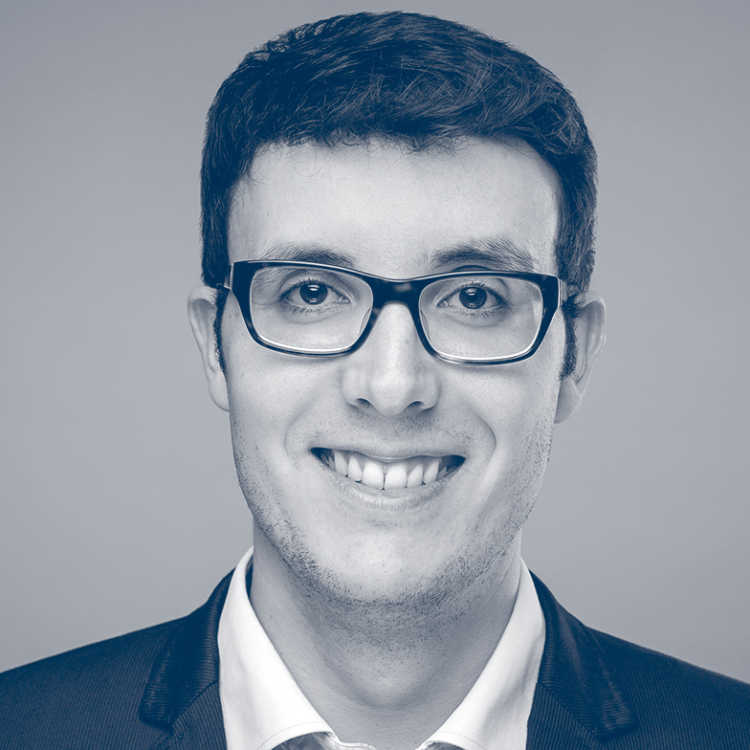Spotlight on... | 29/06/2023
"Spotlight on..." Alumnus Pau Palop-García
DP Alumnus Pau Palop-García is a postdoctoral researcher at Deutsches Zentrum für Integrations- und Migrationsforschung (DeZIM, German Centre for Integration and Migration Research). Learn more about Pau’s current position and his time at the GIGA in this interview.
What tasks and responsibilities do you have in your current position? How does your daily working routine look like?
Currently, I am a postdoctoral researcher at Deutsches Zentrum für Integrations- und Migrationsforschung (DeZIM). I am working on a research project on migration policy and developing my own project application to secure funding for creating a research group. My daily routine is very similar to the one I had at GIGA. I spend my days writing papers, analysing data in R, preparing presentations for conferences, and reading papers.
Were you clear about what you wanted to do after your PhD or was your career path more by chance?
Not at all! However, I had two things clear: I knew I wanted to continue researching, and I was not willing to sacrifice my entire personal life for a hypothetical chance to stay in academia. I made the decision to remain relatively flexible and apply for jobs that would allow me to balance my research career with my personal life. So far, I have been fortunate to be able to continue doing what I love— researching and teaching about migration. But it has not been easy... My recommendation is to be flexible, but also understand the limits of what you are willing to risk for a chance at a long-term career in academia. Having a plan B will also help you stay grounded in the competitive German academic market.
Which moment during your doctoral studies was the most memorable?
Early on in my PhD journey, I made the decision to write a cumulative dissertation, which seemed fitting considering the topic and empirical data I wanted to analyse. I still believe it was the best choice for me, but towards the end of my dissertation, I began to have some regrets. At my university, in order to submit the dissertation, I needed to have at least three papers accepted in peer-reviewed journals. Unfortunately, it took me multiple rejections to get two of the papers published. This delay meant that I could not submit my dissertation as planned and had to wait for my papers to be accepted. This waiting period was quite frustrating. I was ready to finish my thesis, but I had no control over the final steps. I was at the mercy of reviewer 1. Then one morning, as I opened my email, I found a message from the editor of the journal where I had submitted my last paper. After a round of revisions, my paper had been accepted for publication. It was a sweet moment of relief and joy. Finally, I could submit my dissertation and move forward. I took the day off and celebrated it!
What advice would you give our current doctoral researchers for the transitions phase after the PhD?
If you aspire to stay in academia, it is essential to publish papers as soon as possible and attend academic conferences relevant to your research topic. Building networks and having published articles will be crucial in finding a job. However, it is important to acknowledge that the German academic market is currently in a state of disarray. So, if you do not immediately secure a job, it is likely not a reflection of your abilities, but rather an issue with the system itself. Patience is key, and it is wise to have a backup plan. There are numerous of cool opportunities outside of academia where you can continue your research.
